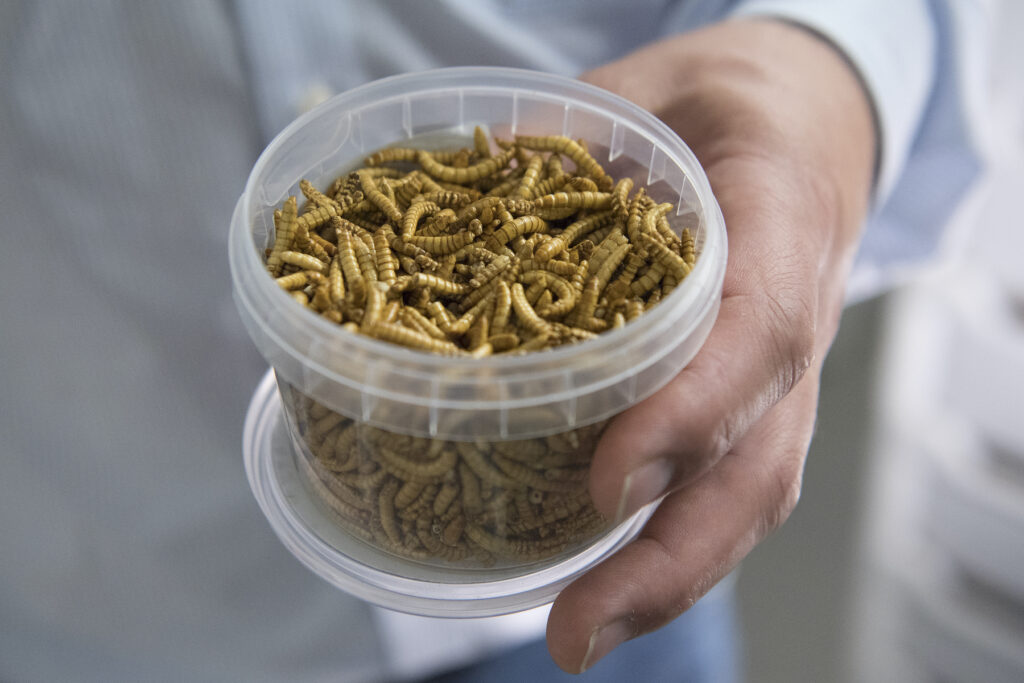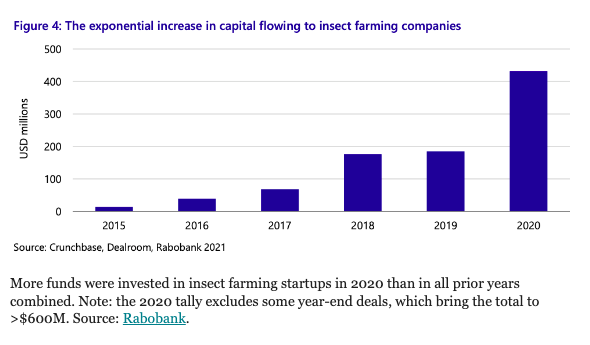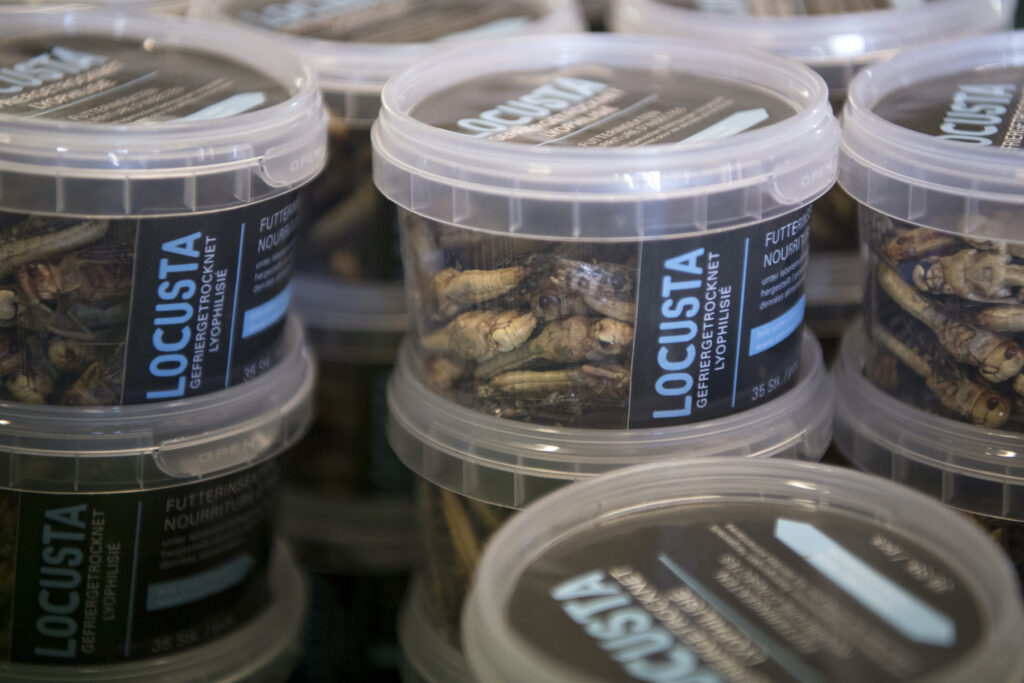Wed, May 3rd 2023

In a move to reduce sugar consumption among children, some companies are hoping to entice kids to trade in their chocolate bars for crickets, mealworms and locusts. And Swiss children are no exception, writes Matthew Dalton in the Wall Street Journal this week.
In 2017, Switzerland became the first European country to permit insects to be sold in grocery stores for human consumption. Only about 9% of the Swiss population was in favor of the approval, but the edible-insect companies fought a hard lobbying campaign.
Despite their win, the companies have not done much to “overcome what entomologists call the ‘yuck factor’… the gut feeling among many Western diners that insects are signs of rot and pestilence,” according to Dalton. In hopes to catch consumers before they have made up their minds about insects, companies such as Swiss Insects have organized tastings at Swiss schools for the past four years.
“They are young, more open to novelty,” Swiss Insects employee Timothée Olivier told Dalton. He added “At some point, if not tomorrow then later, they will include insects in their diet.”

In 2021, the EU authorized yellow mealworms, crickets, migratory locusts, and lesser mealworms to be sold as human food. More recently, the EU approved of cricket flour to be used as an ingredient in other products – a move that infuriated right-leaning politicians and voters.
“This European Commission—which gives in to anti-meat lobbies and which undermines our agriculture and our gastronomic culture—I don’t want it anymore!” French senator and farmer Laurent Duplomb told the WSJ. “I invite those who wish to eat crickets to come and eat them directly in my meadows: They will be natural, whole, unground and unprocessed!”
In the U.S., the Food and Drug Administration (FDA) approved an even longer list of insects for human consumption years ago. All “intentional insects” are ok if the product is made according to proper manufacturing standards. Since the FDA approval, billions of U.S. dollars have been invested in raising insects to be fed to livestock, as well as humans.
“Why do you need a cow or a pig in between when you can just eat the insect itself?” Noelle Gmür, head of sales at Essento, told the WSJ. The Zurich company raises mealworms at a warehouse north of the city. While Essento has been able to get its products in Switzerland’s two biggest supermarket chains Coop and Migros, most European insect companies failed to launch or folded while they waited for EU approval.
For instance, Belgian company Green Kow folded in 2019 after years of seeking EU approval. French company Jimini’s had their wares seized by French authorities at a food expo in 2014. The company fought the seizure for years until the European Court of Justice in sided with Jimini’s in 2020.
Still, the European insect market is gathering steam, according to market analysts from Rabobank.

Advocates of eating bugs say insects are a good source of protein and produce a fraction of the greenhouse gasses associated with raising pigs and cows. Moreover, insects have long been considered a normal part of one’s diet for about 2 billion people living in Asia, Africa and South America.
But this isn’t the whole story, according to Lewis Bollard of Open Philanthropy, a grant-making foundation funded by billionaires Cari Tuna and Dustin Moskovitz.
In a report on “The Promise and Perils of Insect Farming,” Bollard points out that the “insect for humans” market is wildly overshadowed by the “insects for farm animal feed” market, meaning that “insect farming isn’t an alternative to factory farming — it’s a supplier,” Bollard writes.
“Feeding corn to insects, then feeding them to chickens, is inherently less efficient than just feeding the corn to chickens,” Bollard adds.

In the case of vegans and vegetarians choosing insects for a source of protein over the moral dilemma of eating intelligent animals, Bollard notes that there is still no research on whether insects are sentient beings. And if they are, it takes killing far more insects to produce the same pound of protein for a “bug burger” than it does cows for a hamburger. The phrase “wouldn’t hurt a fly takes on a whole new meaning.”
Read more: Switzerland is home to the world’s oldest vegetarian restaurant
For now it remains to be seen if Switzerland will adopt insects into their diet, but it would be a colossal detour for the country that has spent centuries raising and protecting cows for milk, cheese and beef.
This article may be freely shared and re-printed, provided that it prominently links back to the original article.
